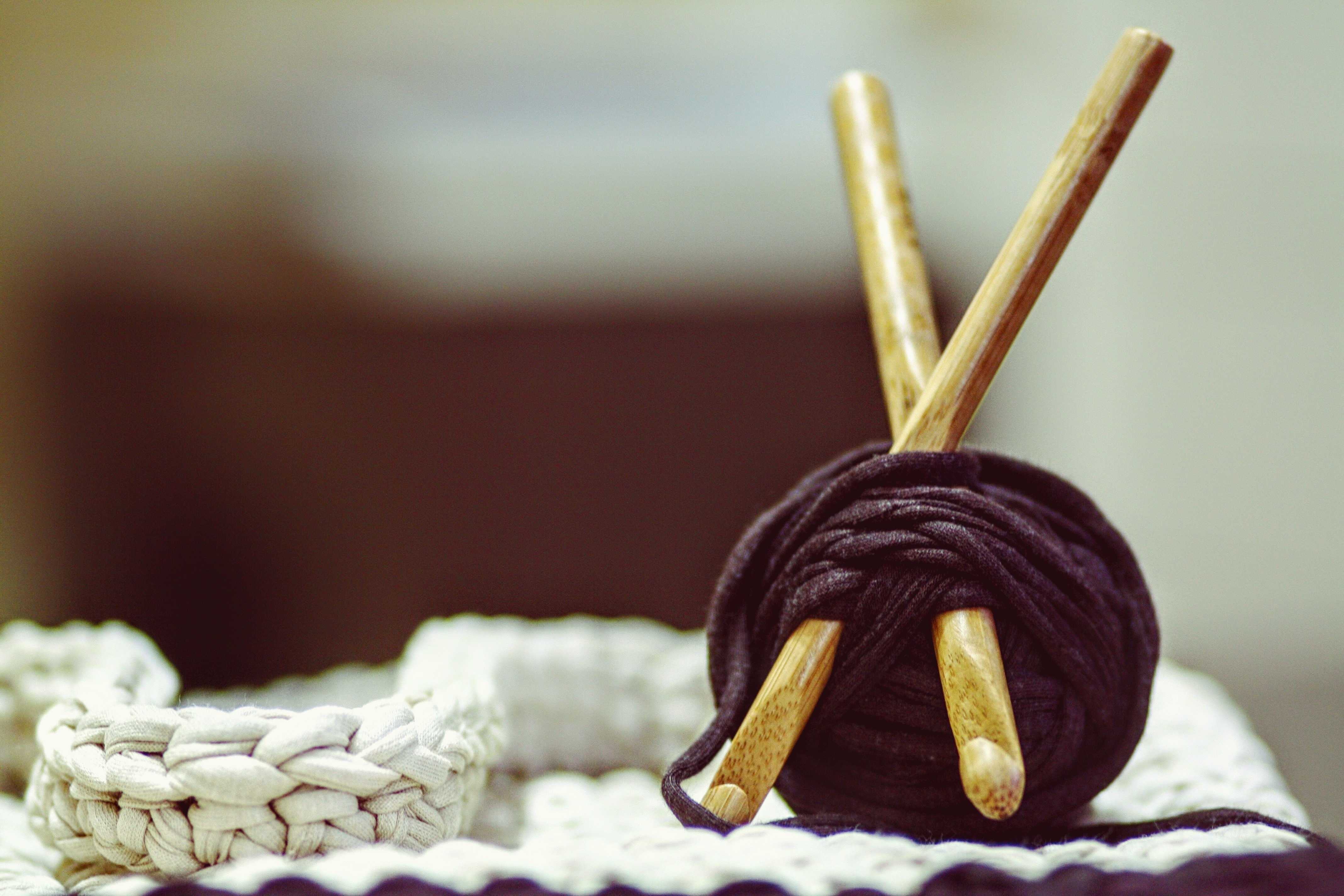From Shrimp Sandwiches to Grasshoppers: 10 Idioms from around the World
1. Everything has an end, only the sausage has two (Alles hat ein Ende, nur die Wurst hat zwei) — German
As a company based in Germany, we obviously couldn’t miss an opportunity to reference the country’s love of Wurst! Germany’s national obsession with all kinds of sausage is world-famous, and it’s even crept into their idioms. This philosophical phrase is probably closest to the English “All good things must come to an end”, although it paints a more interesting visual image.

2. To slide in on a shrimp sandwich (Att glida in på en räkmacka) — Swedish
It appears that shrimp or prawn sandwiches (known as räksmörgås) are fairly popular in Swedish cuisine, which means it probably doesn’t sound as weird to their ears as it does to ours. The phrase means someone who didn’t work hard to get where they are, and the closest English equivalent is “to get it handed to you on a plate” — as you can see, a lot of these idioms follow a food theme!
3. Let’s see whose mother knits the black wool (Da vidimo čija majka crnu vunu prede) — Croatian
This phrase is clearly related to the English equivalent — which is “to be the black sheep of the family” — but probably would be perceived as more of a personal attack, thanks to the mention of the mother. Even in French and German, this is a familiar concept, with speakers of those languages referring to the brebis galeuse and the schwarzes Schaf, respectively. Black sheep are clearly not the most popular farmyard animals.

4. To eat vinegar (吃醋) — Chinese
This brilliant idiom describes the feeling when you’re particularly jealous of someone or something, to the point where it almost leaves a sour taste in your mouth — just like eating vinegar. In English, we would say we are experiencing or visited by “the green-eyed monster” when talking about feelings of envy.
5. My hand is coming out of my throat (喉から手が出る) — Japanese
Despite sounding unnecessarily gruesome, this Japanese phrase merely means “I really want something”, just like how we might say “my mouth is watering” or “my heart’s set on it”. It’s not clear why wanting something badly always involves body parts, but it appears to be a global thing. We would recommend avoiding this one in an English conversation, though, if you don’t want to scare your friends away!

6. There lies the rabbit in the pepper (Da liegt der Hase im Pfeffer) — German
This seems oddly specific for a saying that simply means “That’s the problem”. We can’t imagine many occasions when a rabbit has actually jumped into the pepper and caused trouble for everyone, but that just shows how creative language can be! Still, it’s intriguing to think about where this idiom came from. In English, we would say “the fly in the ointment” instead, which is a more likely situation than finding a rabbit in the seasonings on your dining table.
7. Walk around in hot porridge (Chodit kolem horké kaše) — Czech
It’s unlikely that anyone’s ever tried to take a stroll in a bowl of hot porridge, but that doesn’t stop the Czechs from bringing it into their everyday conversations. This idiom means to avoid talking about something difficult or unpleasant on purpose, and talking about other things to delay it, just as in English we might say “beat around the bush”.

8. To have the cockroach (Avoir le cafard) — French
When most people see a cockroach, their reaction is shock or disgust. Not the French, apparently. This idiom associates having the cockroach with feeling depressed and negative, just like we might say we “have the blues” or are “down in the dumps”. What did the cockroach do to make everyone feel so sad?
9. To ride an elephant to catch a grasshopper (ขี่ช้างจับตั๊กแตน) — Thai
While most of the idioms so far have dealt with relatively normal, everyday animals and objects, this Thai saying is a little more exotic, at least to Western ears. It means to put a lot of effort in and get little in return (because there are definitely easier ways to catch a grasshopper), and the closest common English equivalent is “use a sledgehammer to crack a nut”, which is itself slightly overexaggerated!

10. To hang noodles on one’s ears (Вешать лапшу на уши) — Russian
Like many of these idioms, this Russian saying is an odd visual image and very specific. It means to deceive someone, as in you’re hanging the noodles over their ears so they can’t hear the truth. English has a lot of equivalents — for example “to pull the wool over someone’s eyes” or “to pull someone’s leg”, both of which sound quite normal in comparison to the Russian!
About Rebecca Lally
Rebecca Lally is a Modern Languages student at the University of Sheffield, who worked as an Editorial Office intern at InterNations. She likes food, cats, and languages.
Article topics
Related articles
Top 5 Reasons for Learning a New Language
There are many reasons why you would want to learn a new language, love is one of them but, of course, there are many more. Finding a meaningful reason to start learning a new language can be quite helpful to succeed in your learning journey.
‘Hello’…and now what?!: Greetings Around the World
Meeting new people can be a challenge, particularly when cultural differences come into play. Here’s a look at Greetings Around the World.
The Advantages of Being Multilingual — Our Members’ Perspective
For many of our members, learning a new language is not just a fun pastime but a necessity. It makes living abroad much easier and opens up a new world of understanding and opportunities. We asked them how being bilingual or multilingual has improved their life abroad. These are their answers!
How I Learn German — 7 (+1) Tips from a Slow Learner
“I’ve lived in Munich for eight years and learning German has become part of my life. It seems like a good time to take stock of all the things I have done or still do to learn the language.” Find out how InterNations member Simon keeps up motivation in his eternal struggle with the German language!
Life without Language: Experiencing Germany Through English
There are highs and lows to living in a country where you don’t speak the language. Check out how one expat experienced life in Germany, when he only knew ‘Guten Tag’ when he got there, and still doesn’t know ‘Auf Wiedersehen’.




